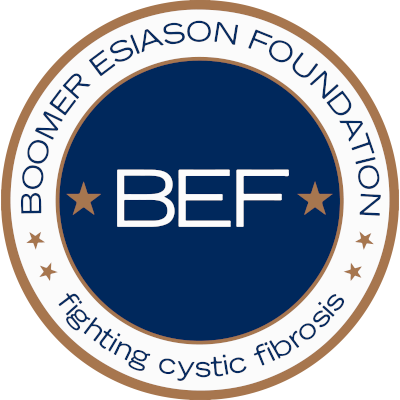Celtaxsys has announced that the company’s phase 2 clinical trial to evaluate CTX-4430, its investigational treatment forcystic fibrosis (CF), will be supported by a $5 million grant from Cystic Fibrosis Foundation Therapeutics, Inc. (CFFT).
The CFFT is the non-profit drug discovery and development affiliate of the Cystic Fibrosis Foundation (CFF) and is now funding the development of Celtaxsys’ once daily, oral anti-inflammatory CF therapy. As part of the phase 2 study, Celtaxsys will test the use of CTX-4430 in CF adult patients.
“We are grateful for the support of CFFT and the many leading researchers in CF who have helped us design a trial to assess the benefits of chronic anti-inflammatory therapy in CF patients,” stated the CEO of Celtaxsys, Greg Duncan, as he noted the encouraging results of previous studies in assessing the treatment’s safety and efficacy.
“Our Phase 1 CTX-4430 studies, including the study in CF patients, demonstrated that CTX-4430 is well tolerated. Importantly, in only two weeks in CF patients, CTX-4430 demonstrated positive results on well-established CF biomarkers, including encouraging reductions in sputum neutrophils, one of the primary ‘bad actors’ in the CF lung that clogs the airways of CF patients. In addition, CTX-4430 demonstrated a statistically significant reduction versus placebo in neutrophil elastase which has been shown to predict the onset of bronchiectasis and which can degrade CFTR and other protective proteins,” he added.
CTX-4430 is a selective inhibitor of Leukotriene A4 Hydrolase, designed to target re-balancing in the over activated response to inflammation in CF patients without raising their susceptibility to developing infection. The company is now planning on submitting its phase 2 clinical trial protocol for CTX-4430 to the FDA within the next three months, and expects to initiate the trial following its approval this year.
“The Celtaxsys team is delighted by CFFT’s decision to help fund this study and believe CTX-4430 could represent an important new medicine for people with cystic fibrosis, either alone or in conjunction with other therapies, irrespective of the patient-specific CF gene mutation,” said Celtaxsys’ chief scientific officer, Eric Springman, PhD. “We believe CTX-4430’s ability to reduce neutrophil elastase in the airways of CF patients has the potential to boost the effect of other important existing treatment regimens, including CFTR modulators and airway clearance therapies.”
Principal investigators for the study, which will take place both in the U.S. and the E.U., include Steven M. Rowe, MD, MSPH, a professor in the Division of Pulmonary, Allergy and Critical Care Medicine and director of the Center for CFTR Detection at the University of Alabama at Birmingham School of Medicine, and Stuart Elborn, CBE, Dean of the School of Medicine, Dentistry and Biomedical Sciences, professor of Respiratory Medicine at Queens University Belfast and Consultant Physician in the Adult CF Centre at Belfast City Hospital.
Both professors and investigators were heavily involved in the design of the study and the development of the drug. “These two world-class thought leaders spearheaded important innovations in CFTR research and are now advancing efforts towards anti-inflammatory research, one of the next frontiers in CF research as identified by the CFFT,” explained the chief medical officer at Celtaxsys, Sanjeev Ahuja, MD.
Last February, Celtaxsys, Inc. announced that the FDA had granted the company’s experimental therapy the orphan drug designation as a potential treatment for CF, a designation that already been given last year by the European Medicines Agency (EMA), and strengthens CTX-4430’s position as the most advanced immuno-modulator the company has to offer. If approved, the drug will have seven years of U.S. marketing exclusivity after approval, and special financial incentives to fund its further development.
